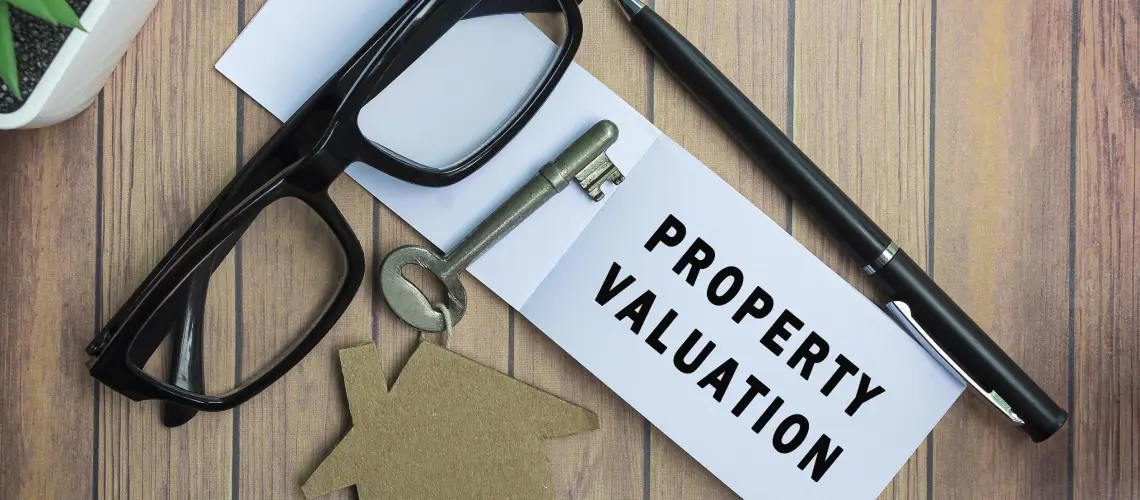If you’re planning to buy, sell, refinance, or manage property for investment purposes, a property valuation in Hobart is crucial. A professional valuation ensures an accurate and fair market assessment, helping homeowners, investors, and financial institutions make informed decisions.
This guide explains how property valuations work in Hobart, what factors influence a property’s value, and when you should consider a professional valuation.
What is a Property Valuation?
A property valuation is a legally recognised assessment of a property’s market value, conducted by a qualified property valuer. Unlike real estate agent price estimates, professional valuations are based on market research, property conditions, and legal factors.
Why Do You Need a Property Valuation?
- Selling a property: Ensures fair pricing based on the current market
- Buying a home: Helps determine whether you’re paying the right price
- Refinancing a mortgage: Banks require a valuation to approve home loans
- Capital Gains Tax (CGT) & Stamp Duty: Required for tax compliance
- Investment analysis: Helps investors assess rental yield and property appreciation
How Property Valuations Work in Hobart
On-Site Inspection
A property valuer in Hobart will visit your home to assess:
- Property size, layout, and structural integrity
- Condition of the interior and exterior
- Land size, zoning laws, and development potential
- Recent renovations or property upgrades
Market Research & Comparable Sales Analysis
- The valuer analyses recent sales of similar properties in Hobart
- Considers economic trends, interest rates, and supply-demand dynamics
Valuation Report
A comprehensive valuation report is provided, detailing:
- Estimated market value
- Comparable sales data and key influencing factors
- Property strengths, weaknesses, and legal considerations
Factors Affecting Property Valuation in Hobart
- Location & Suburb Trends: Properties in Sandy Bay, Battery Point, and North Hobart typically attract higher valuations
- Size & Development Potential: Larger properties with subdivision opportunities have higher value
- Market Conditions: Rising interest rates and economic slowdowns can reduce valuations
- Property Condition & Features: Homes with modern upgrades and energy-efficient features are valued higher
When Should You Get a Property Valuation?
- Buying or selling a home: Ensures you receive or pay a fair market price
- Refinancing a mortgage: Required by banks for loan approvals
- Tax or legal compliance: CGT, stamp duty, or estate settlements
- Investment analysis: Helps determine rental yield and long-term growth
Conclusion
A property valuation in Hobart is an essential tool for real estate transactions, legal matters, and investment decisions. By working with a certified property valuer, you ensure an accurate, unbiased assessment of your property’s worth.
For professional property valuations in Hobart, contact RealHaus Valuations today.
